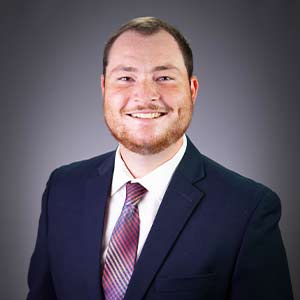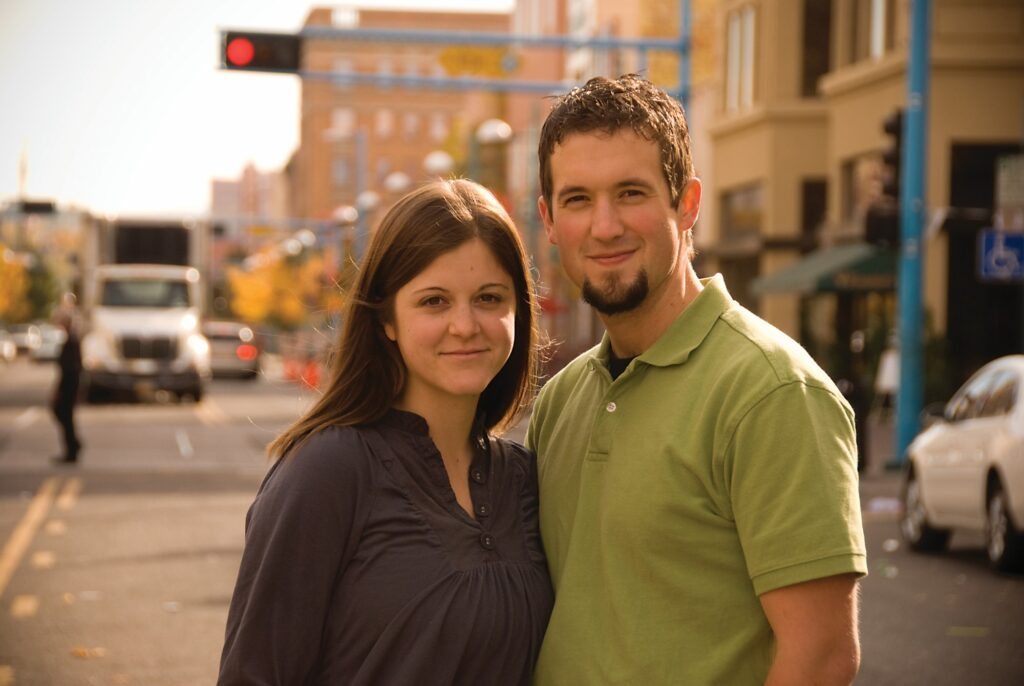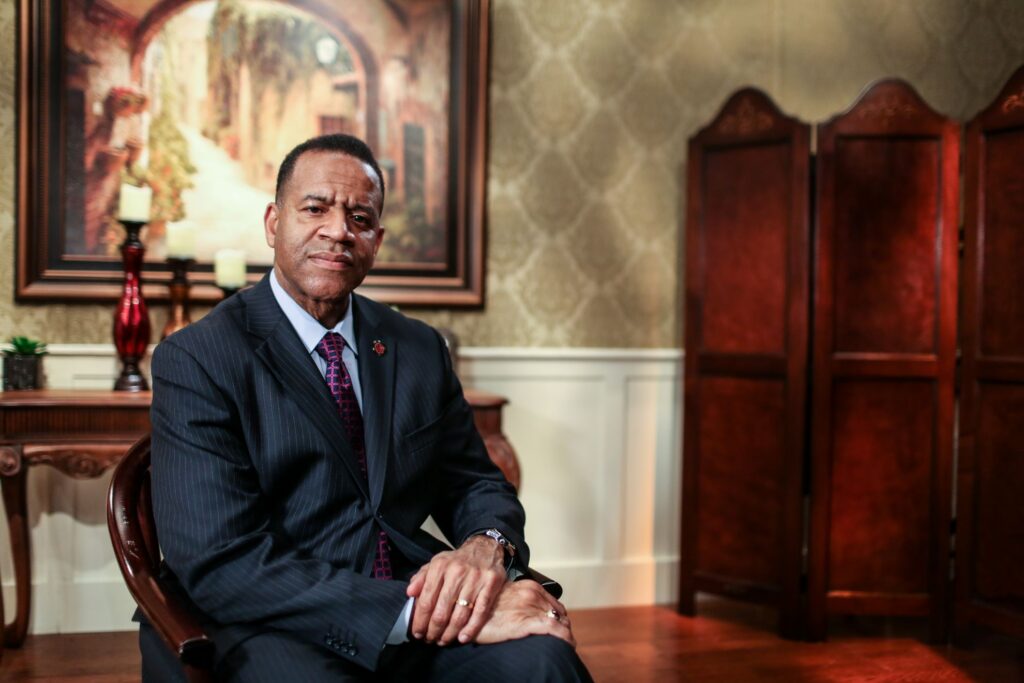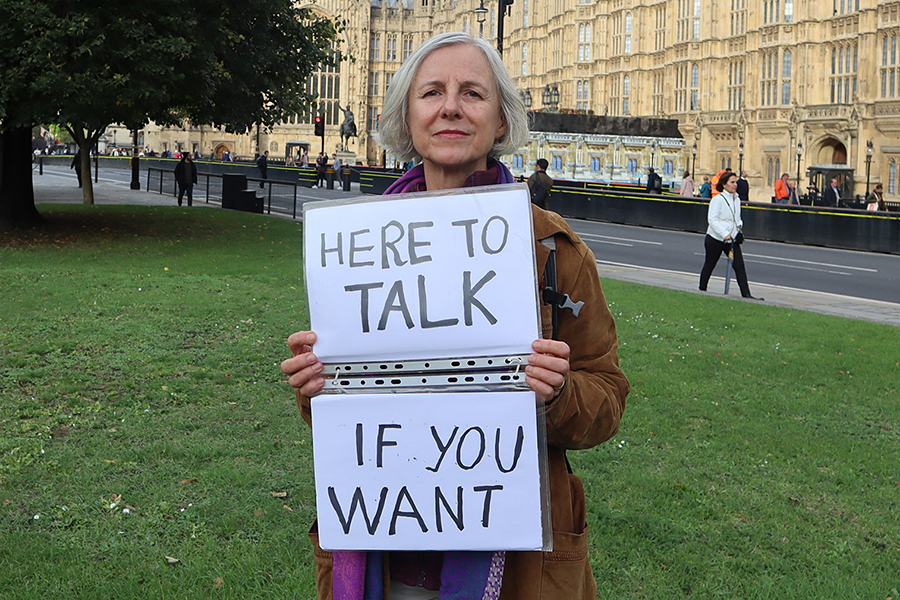
During the COVID-19 pandemic, government officials across the United States trampled on basic rights in the name of “public health.” California, for example, restricted free speech near any facilities that offered vaccines, Nevada limited church gatherings while allowing thousands to gather at casinos, and the Occupational Safety and Health Administration (OSHA) attempted to force large, private businesses and nonprofits to mandate vaccines.
But one of the most alarming violations of freedom stemming from the COVID-19 pandemic was the blatant attempt by government officials to pressure social media companies to silence Americans who expressed views the government didn’t like.
Censoring views online
In an August letter to House Judiciary Committee Chairman Jim Jordan, Meta CEO Mark Zuckerberg said that the Biden administration “repeatedly pressured our teams for months” to remove certain information about COVID-19 from Meta’s social media platform, Facebook. Zuckerberg said government officials urged Meta to remove even “humor and satire” and “expressed a lot of frustration with our teams when we didn’t agree.”
Zuckerberg said Meta ultimately decided for itself what content to pull down, and he admitted that the company might have made some different choices if it had had the information it does today. But while Meta certainly bears some of the blame for censoring Americans, it’s clear that government officials had a hand in influencing the company’s decisions.
Documents unveiled during the Murthy v. Missouri case demonstrate that the pressure from government officials far exceeded mere suggestions about what to remove from online platforms including Facebook, X, Google, and YouTube.
One White House official told a social media platform to take down a post “ASAP.” Another told a platform to “remove [an] account immediately,” adding that he could not “stress the degree to which this needs to be resolved immediately.”
Officials also hinted that platforms that declined to censor Americans would face consequences. One official accused Facebook of not “trying to solve the problem” and said the White House was “[i]nternally … considering our options on what to do about it.”
Even the White House press secretary issued a thinly veiled threat suggesting that social media companies could face a “robust anti-trust program” if they did not “stop amplifying untrustworthy content, disinformation, and misinformation, especially related to COVID-19, vaccinations, and elections.”
Unfortunately, despite all this evidence, the U.S. Supreme Court ruled that the state of Missouri and other parties in the case did not have standing to seek a preliminary injunction against the government’s censorship. But the ruling doesn’t change the fact that the Biden administration suppressed free speech, using social media companies as its tools.
As Justice Samuel Alito wrote in his dissent, the subtle nature of government officials’ censorship in Murthy doesn’t make it acceptable. The First Amendment prohibits the government from infringing on free speech, including when it uses a third-party publisher to do so.
FBI lied to censor breaking news
Just as concerning as the censorship relating to COVID-19, Mark Zuckerberg also detailed the FBI’s effort to censor the story concerning Hunter Biden’s laptop. Zuckerberg said that before the New York Post even broke the story, the FBI “warned us about a potential Russian disinformation operation.”
As it turned out, the Post’s story detailing the controversial contents of the laptop was not “Russian disinformation.” But because the FBI had already told Meta employees otherwise, they chose to “temporarily demote” the story while waiting for a fact check, Zuckerberg said.
Again, Zuckerberg himself shares some of the blame for this wrong decision. He admitted that Facebook “shouldn’t have demoted the story” and said the company has changed its policy so that it no longer demotes stories while waiting for fact checks. Still, the bigger issue is that the FBI fed false information to social media companies in an attempt to censor which stories would be shared.
Social media censorship in Brazil
The problem of social media censorship extends far beyond the United States. In Brazil, Supreme Court Justice Alexandre de Moraes recently suspended X nationwide after its owner, Elon Musk, declined to censor messages that Brazilian officials disfavored.
In the suspension order, de Moraes said the platform presented a “real danger” of “negatively influencing the electorate in 2024, with massive misinformation, with the aim of unbalancing the electoral result, based on hate campaigns in the digital age, to favor extremist populist groups.”
De Moraes tacitly admitted that he, just like the FBI in the Hunter Biden laptop case, was censoring information that could lead to an election outcome he personally disliked. This is a blatant violation of free speech, which is why ADF International submitted a petition asking the Inter-American Commission on Human Rights (which has jurisdiction over Brazil) to intervene and defend free speech.
Social media censorship presents a grave threat to free speech, especially when it is facilitated by government officials. Whether it occurs in the United States, Brazil, or any other country, we cannot turn a blind eye when government officials try to silence citizens.






